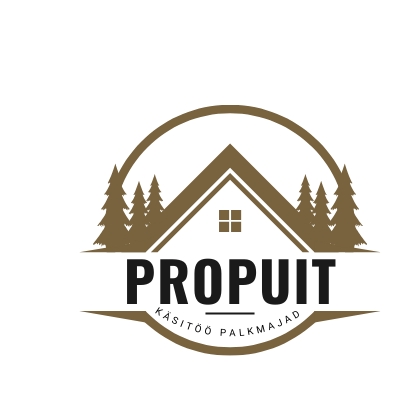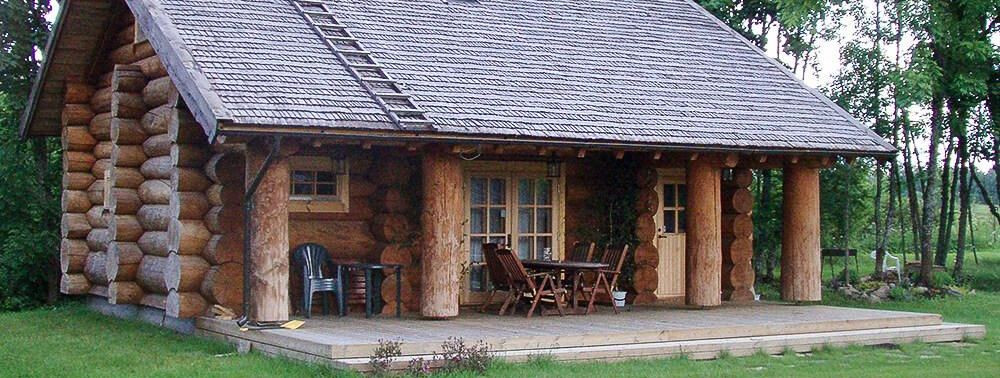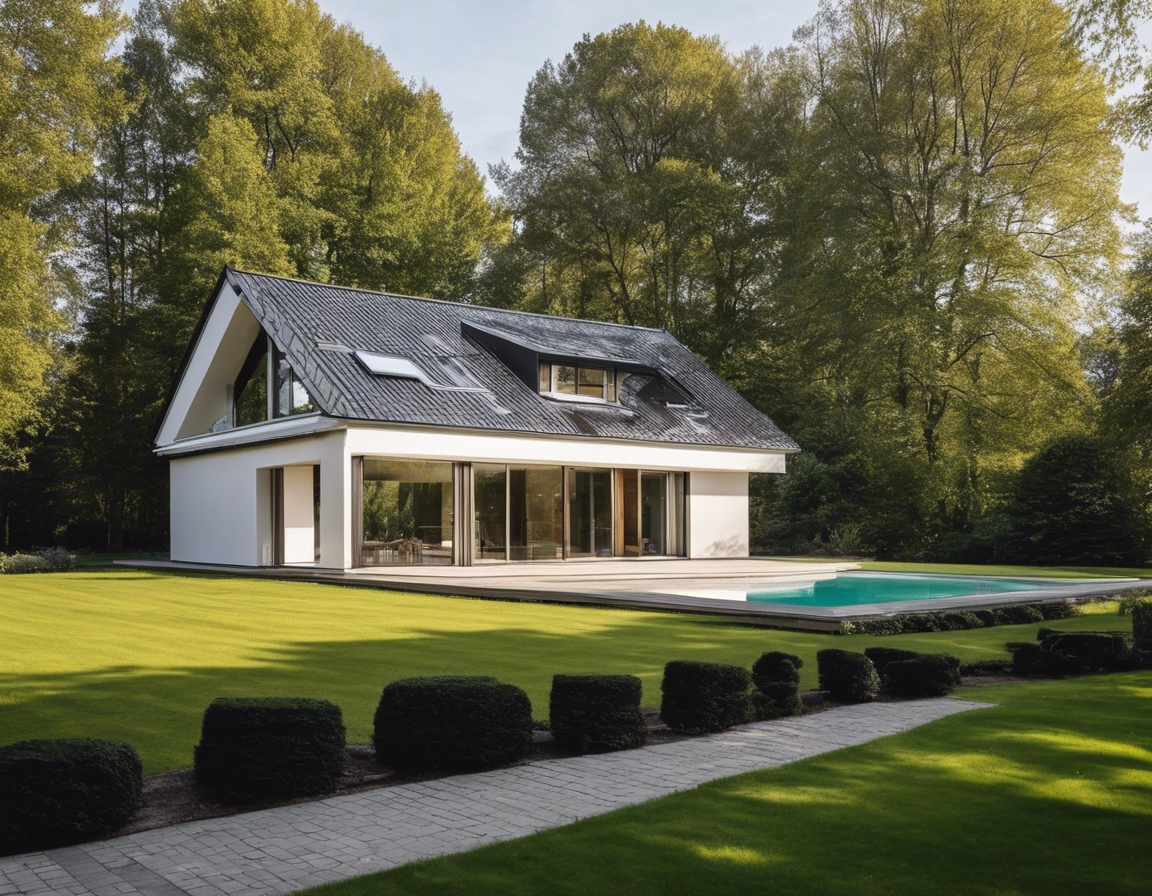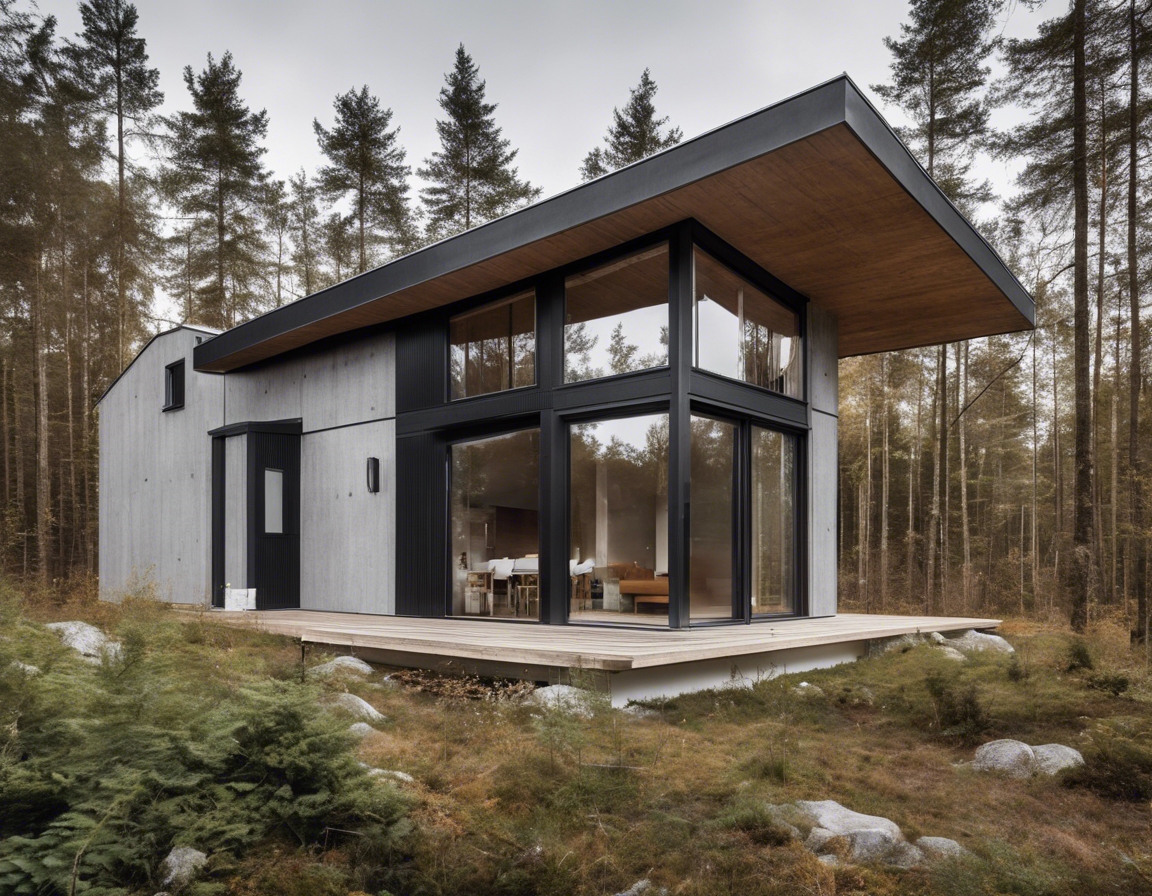Why round log houses are the future of sustainable living
Round log houses have been a staple of traditional architecture for centuries, revered for their rustic charm and natural aesthetics. Today, they are experiencing a resurgence as more people seek sustainable and eco-friendly living options. The modern revival of round log houses is not just a nod to nostalgia but a forward-thinking approach to living in harmony with the environment.
Characterized by their use of whole, cylindrical logs with their natural curves and lines intact, round log houses are distinct from their milled or hewn counterparts. This form of construction preserves the integrity of the wood and provides a unique aesthetic that celebrates the organic beauty of the logs.
The Sustainability of Round Log Houses
Wood is a renewable resource, and when sourced responsibly, it represents one of the most sustainable building materials available. Round log houses utilize this abundant natural resource, often harvested from sustainably managed forests, to minimize environmental impact.
The thermal mass of logs enables round log houses to maintain a consistent indoor temperature, reducing the need for artificial heating and cooling. This natural insulation is a key factor in the energy efficiency of these homes, leading to lower utility bills and a smaller ecological footprint.
Round log houses are renowned for their strength and durability. The solid construction can withstand extreme weather conditions and, with proper maintenance, can last for generations, making them a sustainable choice for long-term housing.
The construction of round log houses involves fewer processed materials and less energy consumption compared to conventional building methods, resulting in a significantly lower carbon footprint.
Health and Environmental Benefits
The use of natural materials in round log houses contributes to better indoor air quality, as logs do not emit volatile organic compounds (VOCs) like some manufactured building materials do. This creates a healthier living environment for occupants.
Round log houses blend seamlessly into natural landscapes, reducing the visual impact on the environment and fostering a sense of connection with the surrounding ecosystem.
Embracing biophilic design, round log houses incorporate elements of nature into the living space, which has been shown to reduce stress and improve overall well-being.
Adaptability and Versatility
Owners of round log houses have the freedom to customize their homes to fit their personal style and needs, making these structures incredibly adaptable to various lifestyles and preferences.
Designed to withstand diverse climate conditions, round log houses offer resilience and reliability in the face of changing weather patterns, an increasingly important consideration in today's world.
Round log houses are well-suited for integration with renewable energy sources such as solar panels or geothermal systems, further enhancing their sustainability profile.
Economic Advantages
While the initial investment in a round log house may be higher than conventional construction, the long-term savings in energy costs and maintenance can make them more cost-effective over time.
As demand for sustainable and unique homes rises, round log houses often appreciate in value, making them a wise investment for the future.
Building a round log house supports local timber industries and craftsmen, contributing to the economic vitality of communities where these resources are found.






Comments (0)